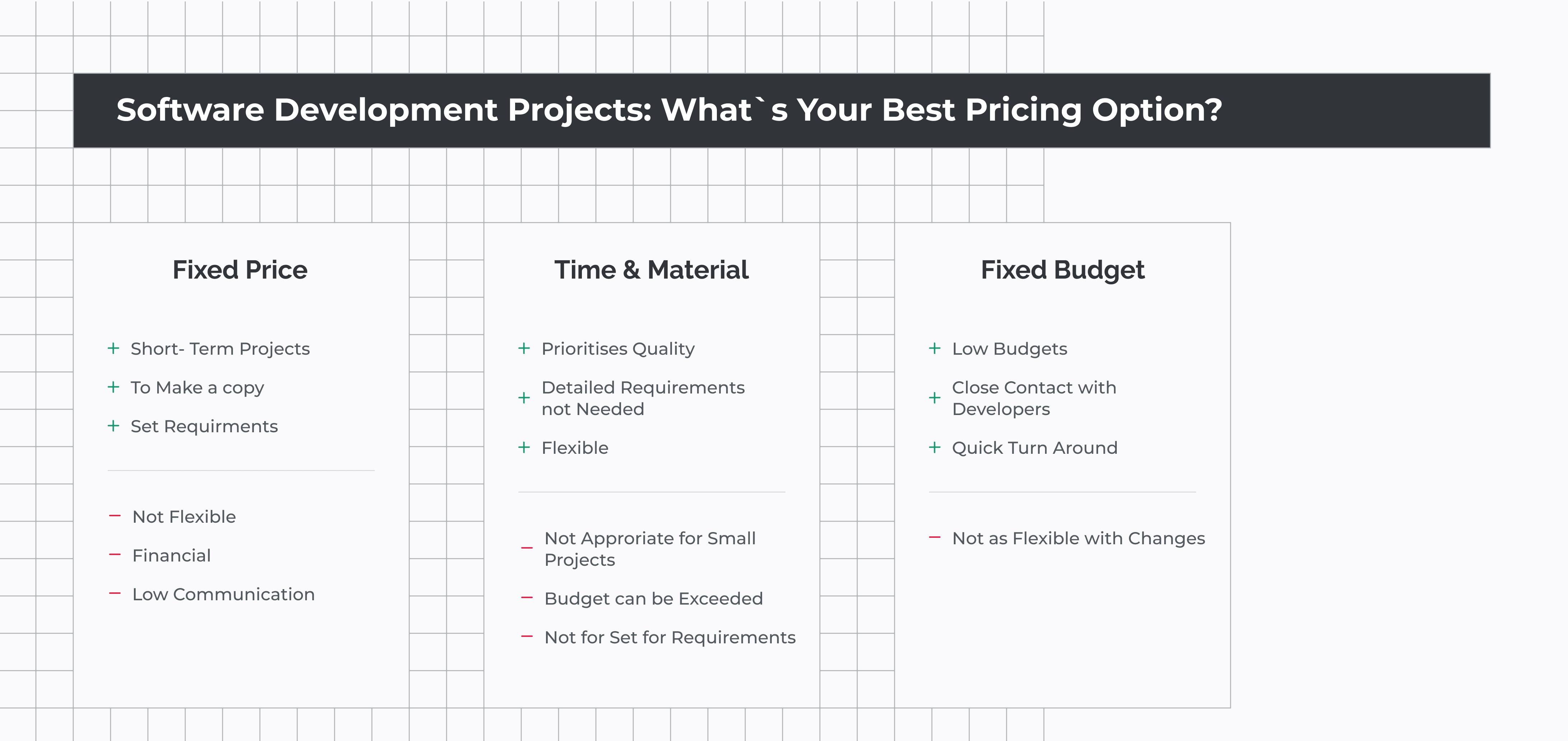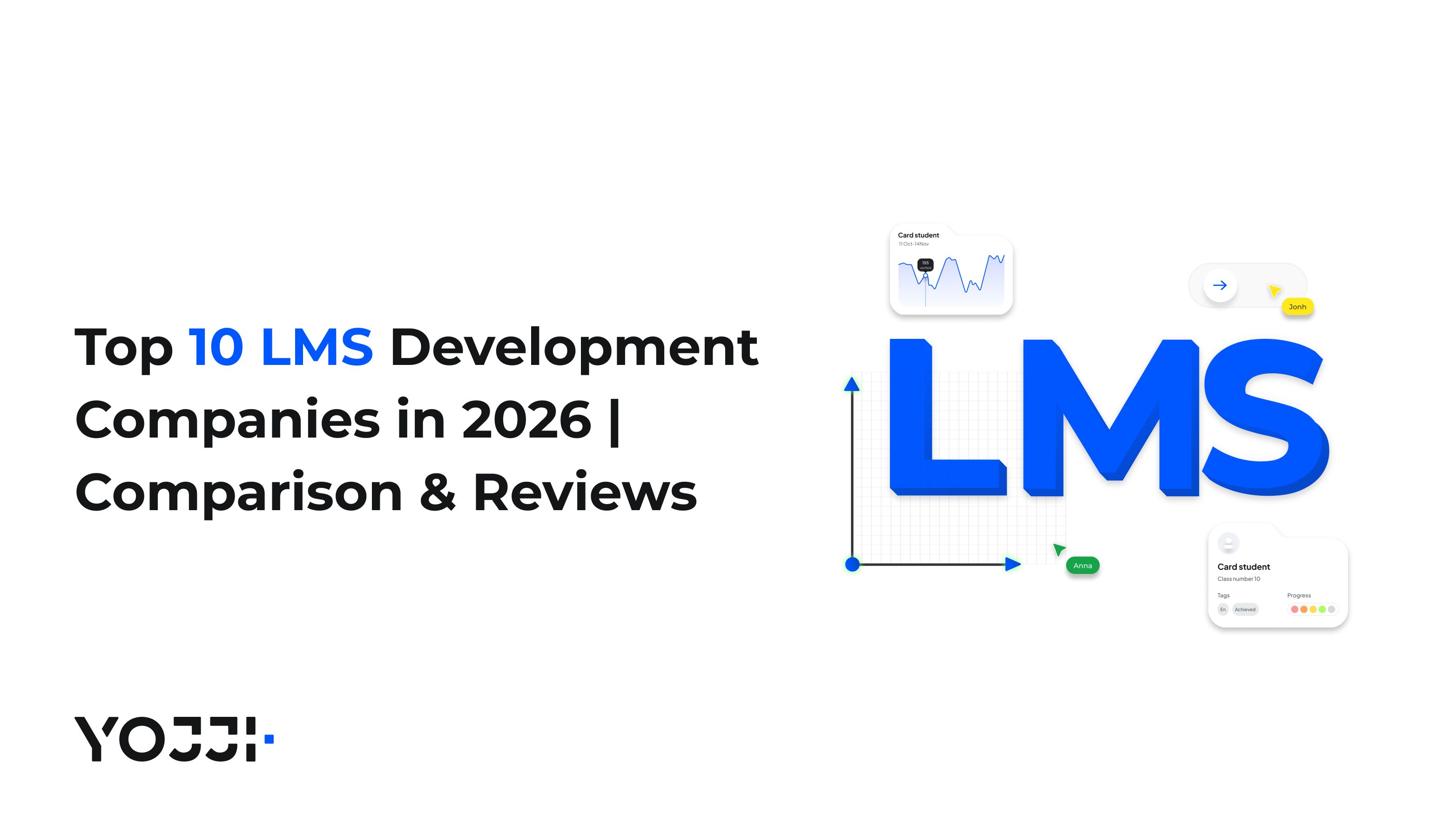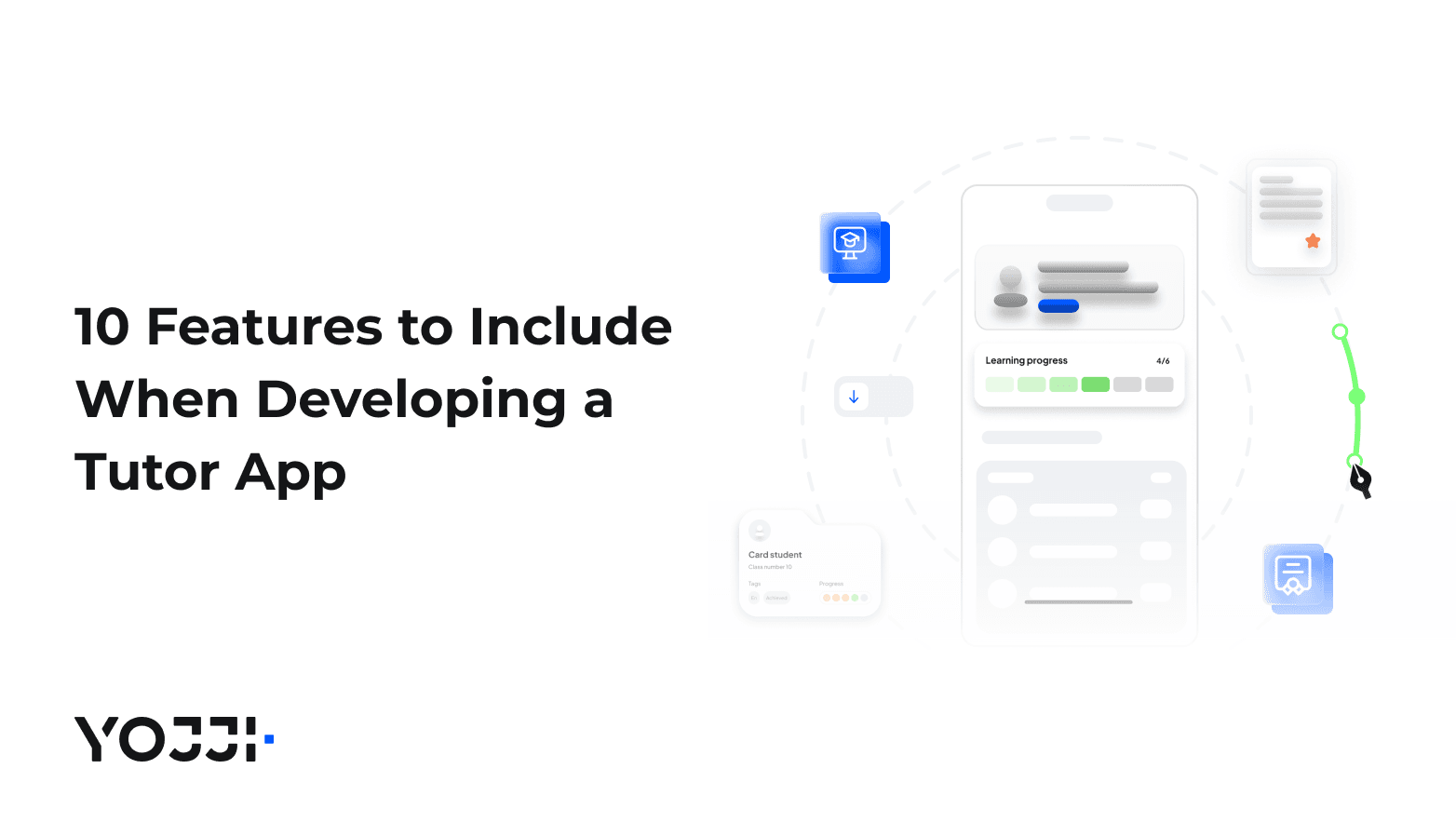Software Development Contracts: Types and Key Elements

Software development can be full of pitfalls, especially if you start your cooperation with a new vendor. You have to go through various phases, including an assessment of your future partner, an in-depth analysis of the portfolio, and some negotiations as well. Signing a contract is the last stage in the vendor selection process. To strike a win-win deal and make sure there is no issue unsettled, you should elaborate a detailed contract that describes all the services a business partner provides, the rights and obligations of the parties, as well as information about reciprocal actions in case of any dispute.
Yojji has extensive experience in providing various software development services, the company has done many deals, and we know exactly what a solid agreement should look like. In this article, we will share important tidbits about the most common software development contract types and the significant elements agreements should feature. Be sure to examine this information before embarking on your new project and forging a contract.
What Is a Software Development Agreement?
A software development or service contract is a service agreement between you and your software development partner about mutual expectations and responsibilities.
To protect your company from setbacks, a decent contract should contain information about the intellectual property rights, project milestones, payment terms, acceptable to both parties, owners of the copyrighted materials, and detailed specifications of your future product.
The Main Types of Software Development Contracts

There are many types of software development agreements, but we will focus on the basic ones.
Time and Materials Contracts (T&M)
This is one of the most widely used contract types. It means that you pay for the number of hours a software engineer works on your project. In this case, the emphasis is on high-quality development rather than specific deadlines.
| Pros | Cons |
|---|---|
| One of the most straightforward types of contracts. | Changes in task prioritization and the introduction of new features may stretch your budget. Besides, due to these conditions, it’s hard to foresee the final budget. |
| T&M agreements offer you the necessary flexibility. During the process, you can change priorities, add, or delete any features of your future digital product. | Deadlines can be shifted. Therefore, the time-to-market is increased. |
| Constant communication with a vendor throughout the process allows you to achieve the envisioned results. | To be effective, constant involvement is needed. This leads to great tangible and intangible efforts. |
| You have extensive control over the development process at any stage. |
Fixed bid
This contact should contain two mandatory elements: the scope of a project and the fixed price for the tasks. In short, you pay for the outcome, not for someone’s time.
| Pros | Cons |
|---|---|
| It is easier to set a fixed budget. | The requirements cannot be changed easily, so there is not enough flexibility. |
| Usually, a provider of software development services is responsible for the budget overrun. | Software engineers may choose cheaper and less effective tools to stay within a budget. Consequently, it leads to poor product quality. |
| All deadlines are strictly enforced. | |
| All the details are mentioned in a contract, so constant monitoring is not necessary. |
Fixed budget
In this contract, the project budget is stipulated before development begins, but the amount of work can vary. The main goal of the developers is to create as much as possible within the set budget.
| Pros | Cons |
|---|---|
| It is suitable for projects with a limited budget. | It is not suitable for large projects. |
| The fixed budget contract allows you to prioritize the necessary functionality of the product and postpone the implementation of additional features indefinitely or abandon them. |
Capped budget with accelerated bonus
This contract specifies the budget in advance but provides some bonuses for a development team if it finishes the project ahead of schedule.
| Pros | Cons |
|---|---|
| It is great for projects with strict deadlines. | A vendor can sacrifice development quality for the sake of time. |
| This contract gives devs increased motivation to work as productively as possible. | |

Key Points of a Basic Software Development Contract
Software development agreements require excellent flexibility. Any agreement should strike a balance between flexibility and detailed clauses to be as risk-free as possible. A solid contract must contain key elements, which we will discuss below.
- Description of the services and the project scope
The main provisions of the contract are a list of what the supplier has to do. Precise project specifications are developed, and they must be attached to the contract. The agreement itself includes a list of specific functions, maintenance services, number of revisions allowed, processes and tools needed, software used, source code repositories, changes needed, the impact of changes on the project cost and timeline, as well as a description of the process for making changes to the project.
- Project time and cost
Depending on its type, the contract specifies either a fixed development cost and its deadlines, or the parties are given the flexibility to decide on the timing and cost of development. Be sure to specify the stages of development, the budget for each stage, as well as the time frame for them. Besides, always include the possibility of setbacks (payment delays or, for example, development lags) and the parties’ responsibility for them. We recommend creating additional annexes to the contract (payment schedules and development schedules), which must be signed by both parties.
- Acceptance testing and delivery
This type of testing allows you to check whether the product satisfies your demands and specifications. Testing takes place at the end of every development cycle and can be done either on the client side or the vendor side. The following information must be included in the contract:
- The party that conducts the testing.
- Duration of testing.
- The method of transmission of test results and possible reasons for failure.
- Process for making changes after failed acceptance and allowable time limits.
- Intellectual property rights
This clause is an indispensable part of any agreement. This section should clearly define the client company’s ownership of the source code, copyrights, patents, design, and trade secrets. Here are some key elements that should be taken into consideration:
-
The source code must belong to the customer. This ownership allows you to use or alter the code in any way you wish.
-
If the contract is terminated, you, as the customer, immediately receive all the code that was completed before the termination.
-
All materials created during development must be destroyed.
Keep in mind that if open source tools have been used, they will be publicly available.
- Privacy and confidentiality
This section of the agreement is critical, especially if the project contains the personal data of clients or commercial secrets. Be sure to indicate what information is confidential and define the responsibility for its disclosure. Also, you must specify that confidentiality must be maintained after the contract is completed.
Bottom Line
So, a well-drafted agreement will not only protect you from financial losses and poor software quality but also can be a perfect starting point for long-term and flourishing business cooperation. Both parties should treat a contract fairly, and then it will definitely benefit both sides. Be sure to discuss all the necessary details with your vendor and use legal assistance to check the legal aspects of the document. =If you need professional software development services= or competent help to draft a win-win agreement, contact us.
Looking to hire developers?



